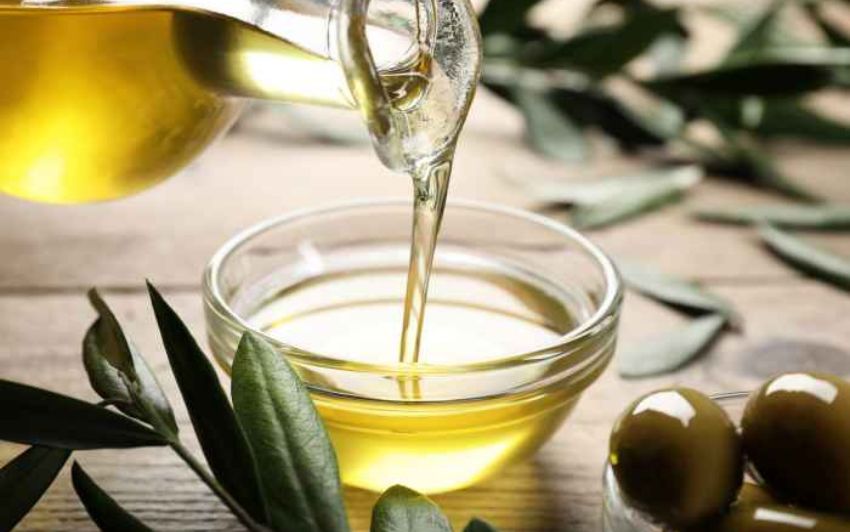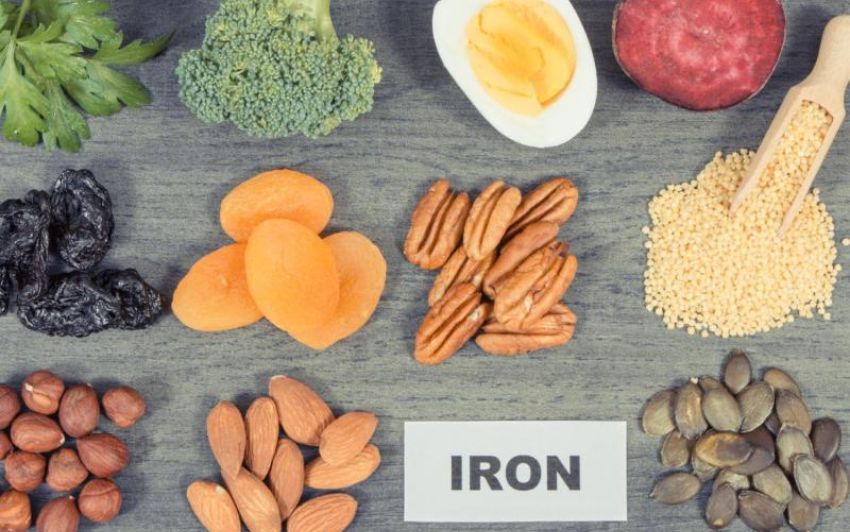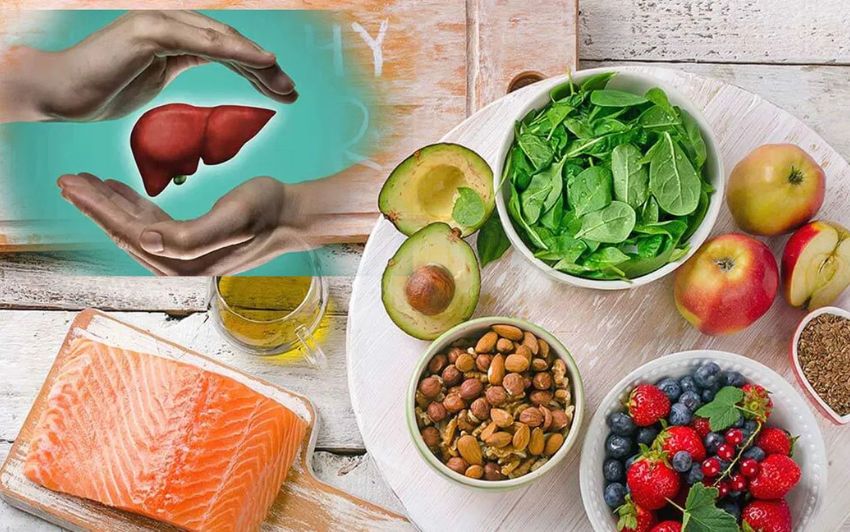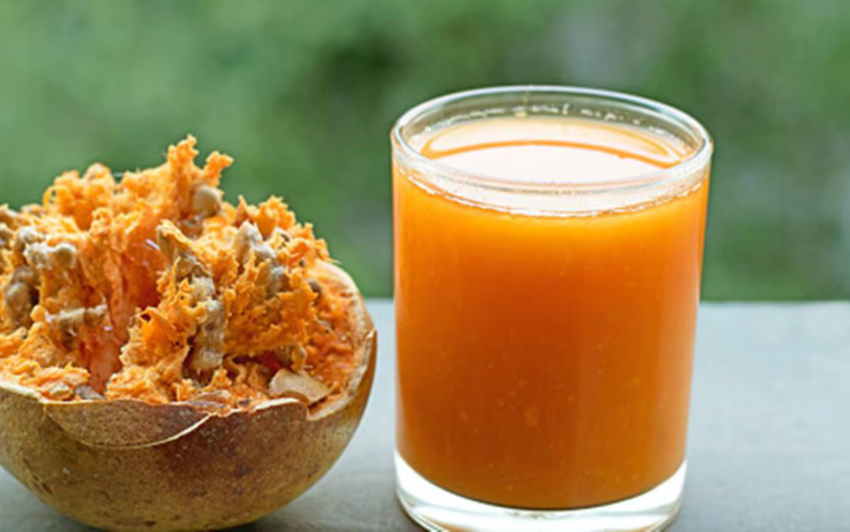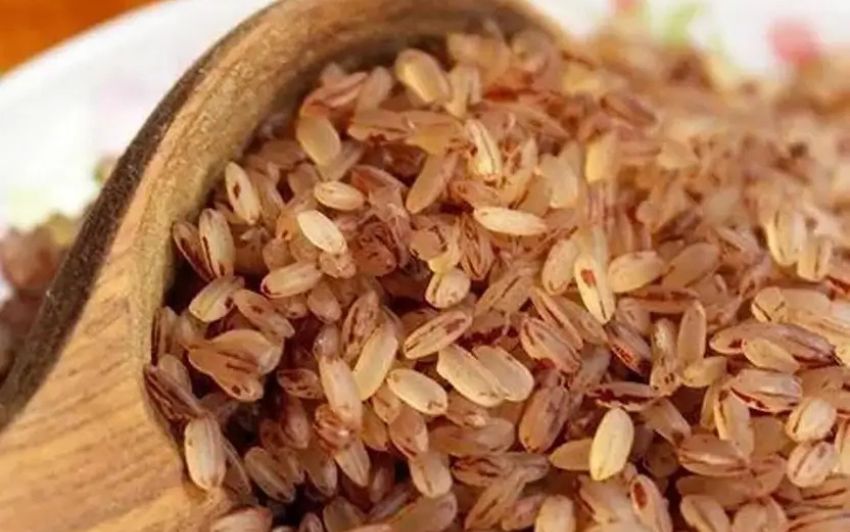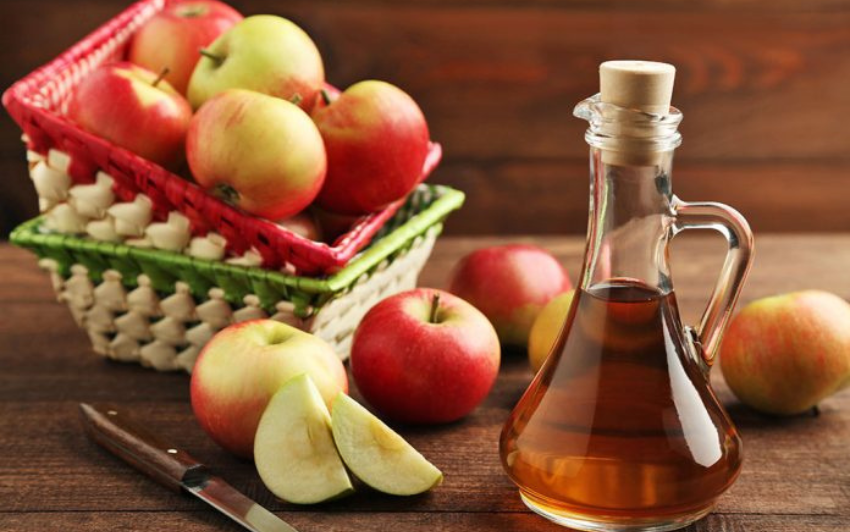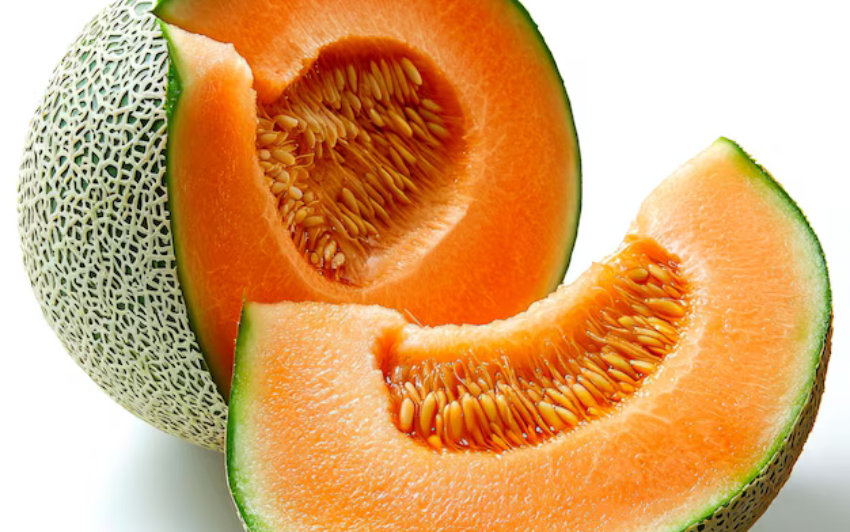Is Olive Oil Safe for Daily Use? Health Benefits and Risks Explained
Olive oil, especially extra virgin olive oil (EVOO), is well-known for its many health benefits. Packed with monounsaturated fatty acids (MUFAs) and antioxidants, it is recognized for promoting heart health, reducing inflammation, and lowering the risk of chronic diseases like cardiovascular diseases, stroke, diabetes, and certain types of cancers. Nutritionists and healthcare experts often recommend adding olive oil to daily diets.
However, while olive oil is generally healthy, there are some potential side effects if consumed excessively or used incorrectly during cooking. One major concern is its effect on blood sugar levels. For people with diabetes or those on blood sugar-lowering medications, consuming too much olive oil may lead to hypoglycemia (low blood sugar), causing symptoms like sweating, shaking, and fatigue.
Another issue is olive oil’s high caloric content. With 120 calories per tablespoon, overuse of olive oil can contribute to weight gain, especially if not accounted for in your daily calorie intake. In rare cases, excessive consumption may cause digestive problems, such as diarrhea or stomach discomfort. While allergic reactions to olive oil are rare, they can still occur.
When cooking with olive oil, the oil’s smoke point is important to consider. Extra virgin olive oil has a moderate smoke point, ranging from 374°F to 405°F (190°C–207°C). Heating olive oil beyond this range can break down its compounds, potentially releasing harmful substances and causing smoke. However, everyday cooking methods like sautéing, pan-frying, and roasting usually don’t reach these high temperatures, so EVOO remains safe to use.
Keep in mind that prolonged exposure to high heat can degrade some of the beneficial antioxidants and vitamin E in olive oil, slightly reducing its health benefits. Avoid overheating it to the point of smoking. If olive oil begins to smoke or smells burnt, discard it and replace it with fresh oil.
In conclusion, olive oil is still one of the healthiest oils for cooking, as long as it’s used correctly. The key is to use it in moderation and at low to medium heat to retain its nutritional value. Avoid overheating and always check for signs of oil breakdown to enjoy its health benefits safely.

